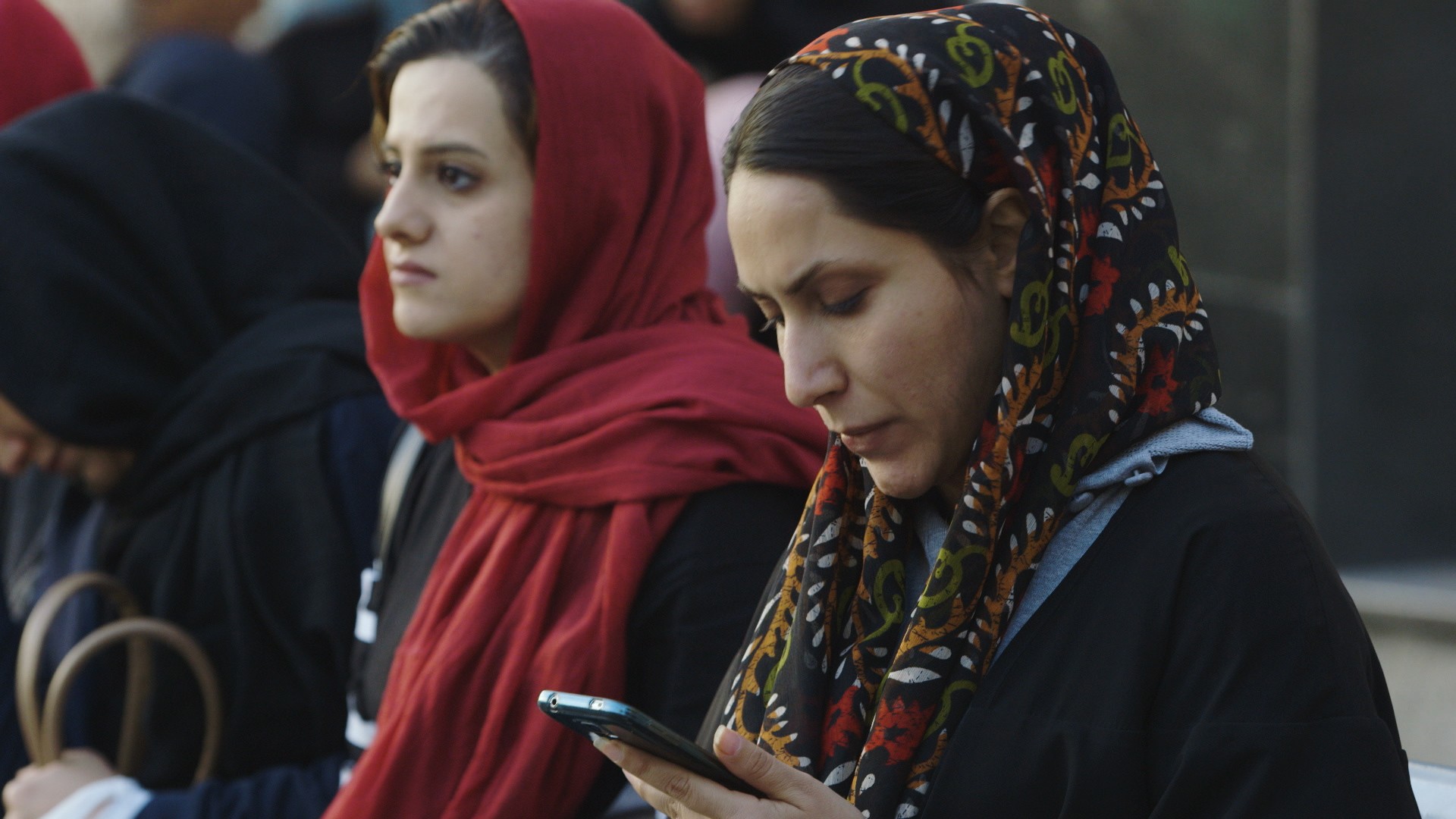Iran’s security forces shot and killed unarmed protesters during a brutal crackdown on demonstrations in the country last week, according to videos posted online after the government finally lifted a five-day blanket internet blackout.The gruesome videos back up claims made by activists that security forces killed hundreds of protesters who took to the streets of over 100 Iranian cities on Friday, November 15, to protest against a massive 50 percent spike in fuel prices.The Iranian government immediately deployed the police, the Revolutionary Guards, and plain-clothes agents from the Basij paramilitary force to quell the dissent. And in a bid to prevent the world from knowing what it was doing, the regime cut access to the internet in what experts say is the most comprehensive and large-scale internet blackout ever recorded.After five days of almost zero connectivity to the outside world, Tehran slowly began restoring access to the global internet on Thursday. Initially, speeds were not sufficient for any videos to be posted online, but in recent days a slow trickle of footage has been posted online, showing the brutal nature of the government crackdown.READ: Iran turned off the internet to shut down protests, and no one knows when it's coming back onThe Center for Human Rights in Iran estimated that at least 4,000 people had been detained during the protests and have been labeled “rioters” by state-controlled media.If you cross our red line, we will destroy you,” he added. “We will not leave any move unanswered.” Cover: Twitter/Sara Ghavamian
Cover: Twitter/Sara Ghavamian
Advertisement
The footage shows security forces indiscriminately opening fire on crowds of protesters, beating them with iron bars, and dragging their dead bodies off the streets. Another video shows security forces shooting at protesters from the rooftops of state buildings, including a justice department building.
The footage backs up Amnesty International’s latest report on Monday, which claims that at least 143 people were killed during the protests, adding that the “deaths have resulted almost entirely from the use of firearms.”Amnesty says the real death toll is much higher, with some estimates putting it at over 350.
“The rising death toll is an alarming indication of just how ruthless the treatment of unarmed protesters has been by the Iranian authorities and reveals their appalling assault on human life,” said Philip Luther, research and advocacy director for the Middle East and North Africa at Amnesty International, in a statement.
Advertisement
While some evidence of what happened during the blackout is now emerging, access to the global internet is still highly restricted in Iran. Data from Netblocks, a digital advocacy group that uses real-time data to track internet shutdowns around the world, shows that two of the three main cell phone operators remain largely offline.The one cellular network that is largely online, MTN Irancell, has restricted users by limiting access to domestic platforms without connectivity to the global internet, Netblocks said.
Iran’s leaders have dismissed criticism from the U.S., Europe, and the U.N. about the violent nature of its crackdown and instead have gone on the attack, accusing the U.S. and its Middle Eastern allies of instigating the protests.READ: Here's what happened in Iran while the government strangled the internet“We have shown restraint, we have shown patience toward the hostile moves of America, the Zionist regime [Israel] and Saudi Arabia against the Islamic Republic of Iran,” Gen. Hossein Salami, head of Iran’s powerful Revolutionary Guard, told tens of thousands of people holding signs with anti-U.S. slogans in Tehran's Revolution Square on Monday.
Advertisement
Despite the condemnation from some Western governments, activists believe the response to the killing of innocent protesters has been severely lacking.“The international community’s cautious and muted response to the unlawful killing of protesters is woefully inadequate. They must condemn these killings in the strongest possible terms and describe these events for what they are: the deadly and wholly unwarranted use of force to crush dissent,” Luther said.

